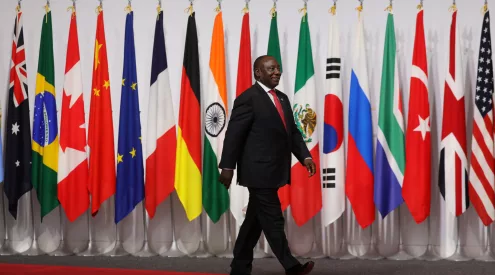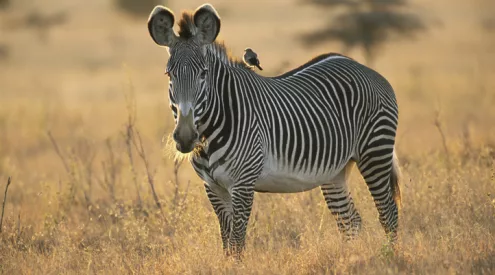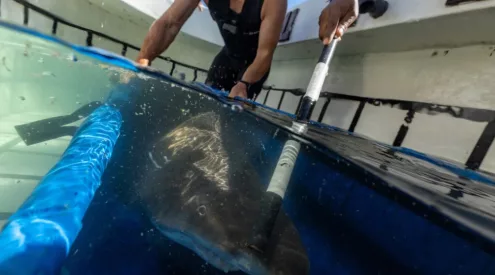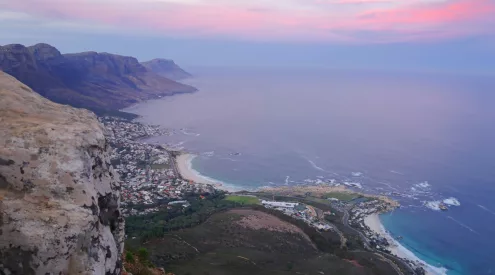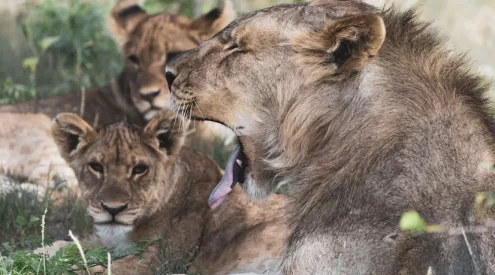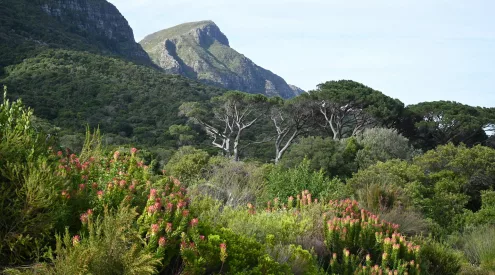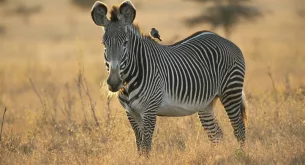A mass poisoning has killed 47 white-backed vultures, 35 of which had their heads removed, in KwaZulu-Natal on 18 December.

Picture: Wildlife ACT
Five individuals, which had not yet succumbed to the poisoning, were recovered. Five tawny eagle carcasses were also found at the scene. The five live birds received initial treatment at the scene before being transported to a permitted rehabilitation facility for further treatment and a criminal case has been instituted with the South African Police Service. The swift response by conservation officials, who have been trained to handle such poisoning events, decontaminated the scene to ensure that no further fatalities occurred.
Vultures face numerous threats
Earlier this month, the Department of Forestry, Fisheries and Environment released the Biodiversity Management Plan (BMP) for South African Vultures for public comment.
Brent Coverdale, Ezemvelo KZN Wildlife’s Mammal and Bird Scientist stated that one of the key threats facing vultures within South Africa, is the poisoning of vultures for use in the traditional medicine trade, and this is highlighted within the draft Management Plan. The current spate of such poisonings is unsustainable and will lead to the demise of vultures within South Africa and simultaneously, devastating environmental consequences, and the loss of cultural heritage.

Picture: Meiring Prinsloo
Conservation agencies and the management plan itself, acknowledge that the traditional healers and the associations to whom they belong are a critical stakeholder in the conservation of vultures. The plan appeals to these leaders to ensure that the poisoning of vultures is not only frowned upon but that any member dealing in products sourced from such events will be reported to the authorities.
‘The loss of so many vultures from this area is extremely sad and it affects the health of our ecosystem and the livelihoods of our people. As the Gumbi community, we are working hard to establish a conservation-based economy, and illegal activity such as this has a large impact,’ says INkosi Gumbi, leader of the local Traditional Authority.
An urgent need for the Biodiversity Management Plan
Ezemvelo KZN Wildlife and its conservation partner, Wildlife ACT, undertake annual monitoring surveys in KwaZulu-Natal and the worrying decline of all tree-nesting vultures highlights not only the need for the Management Plan, but that all stakeholders have a responsibility to ensure that their actions are mitigated or avoided at all costs.
This includes the conversion to lead-free ammunition within the hunting industry, the erection of electrical infrastructure in areas not considered sensitive to vultures and the halting of the illegal use of agricultural pesticides to poison wildlife.
READ: One vulture at a time: Vulpro’s tireless work to help numbers soar again
Wildlife ACT’s Chris Kelly noted the willingness of the various stakeholders involved in vulture conservation in supporting the Management Plan, but that such support had to translate into tangible action on the ground. The commenting period for the BMP ends on 2 January 2023 and members of the public are encouraged to submit comments to ensure that South Africa’s heritage exists into perpetuity.
The draft BMP can be accessed here: dffe.gov.za
Members of the public urged to submit written comment on the draft Biodiversity Management Plan via email to [email protected]
ALSO READ: Santa the seal surprises morning commuters on the road in Cape Town

